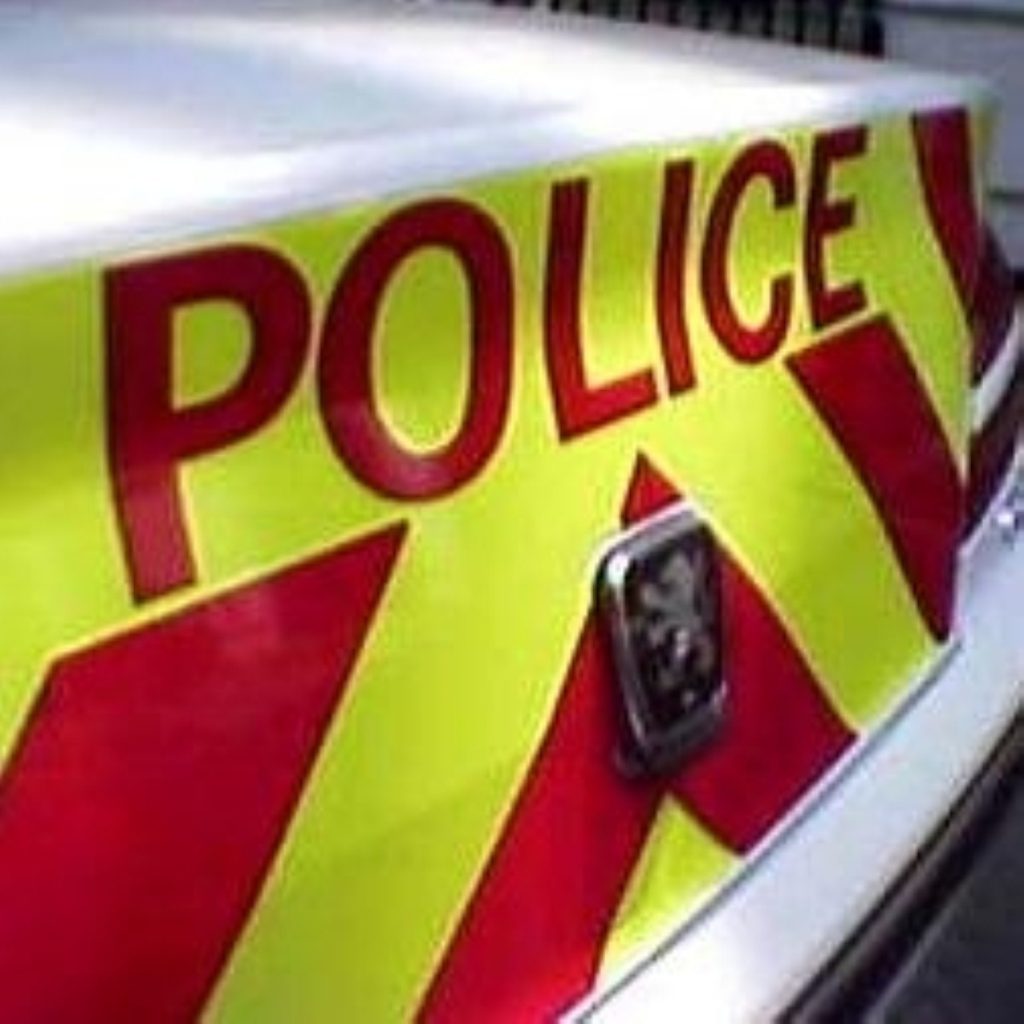Stop and search powers ‘threaten community relations’
Police must be careful not to overuse stop and search powers because any abuse was “bound to damage community relations”, Lord Carlile has warned.
In a new report, the government’s reviewer of terrorism legislation warns that section 44 of Terrorism Act 2000, which allows police to stop and search anyone without explanation if they believe it may help the fight against terrorism, may be being overused.
“Terrorism-related powers should be used for terrorism-related purposes; otherwise their credibility is severely damaged,” he says.
Lord Carlile adds: “In a diverse community the erroneous use of powers against people who are not terrorists is bound to damage community relations.”


Section 44 is one of the most controversial parts of the Terrorism Act 2000, with campaigners arguing it is used too often against ethnic minorities.
The use of the power to arrest Walter Wolfgang, a pensioner who heckled foreign secretary Jack Straw at last year’s Labour party conference, also opened police up to widespread criticism.
Government figures show a record 10,941 pedestrians were searched under section 44 last year, of whom just 177 were arrested. More than 2,000 Asian and black people were stopped in the two months after the July 7th bombings, up from 196 the year before.
In his review of the Terrorism Act last year, Lord Carlile said the use of the power could be cut by 50 per cent without any major effect on policing, and he confirms this view today – particularly noting that Scotland has yet to use the power at all.
“This view has not been affected by the events of July 2005. I remain sure that section 44 could be used less and expect it to be used less,” he says.
“There is little or no evidence that the use of section 44 has the potential to prevent an act of terrorism as compared with other statutory powers of stop and search. I emphasise that they should be used sparingly.”
The peer adds: “It involves a substantial encroachment into the reasonable expectation of the public at large that they will only face police intervention in their lives (even when protesters) if there is reasonable suspicion that they will commit a crime.”
Responding, home secretary John Reid said stop and search powers were “an important tool in the ongoing fight against terrorism”, and helped disrupt terrorist activity by creating a “hostile environment” for them to operate in.
It was up to individual chief constables to decide when to use section 44, he said -however, he noted the inconsistencies across the country and said the Association of Chief Police Officers (Acpo) would be reviewing the issue.
Elsewhere, Lord Carlile finds the Terrorism Act 2005 is generally “fit for purpose”, noting that its definition of terrorism is “useful”, as are its powers to proscribe certain organisations, to search people at ports, and in tackling terrorist training camps.
His review does not include the new measures introduced under the Terrorism Act 2006, including the extension of the time terror suspects can be held without charge from 14 to 28 days, but it does note that a new offence of glorification is likely to have little effect.









